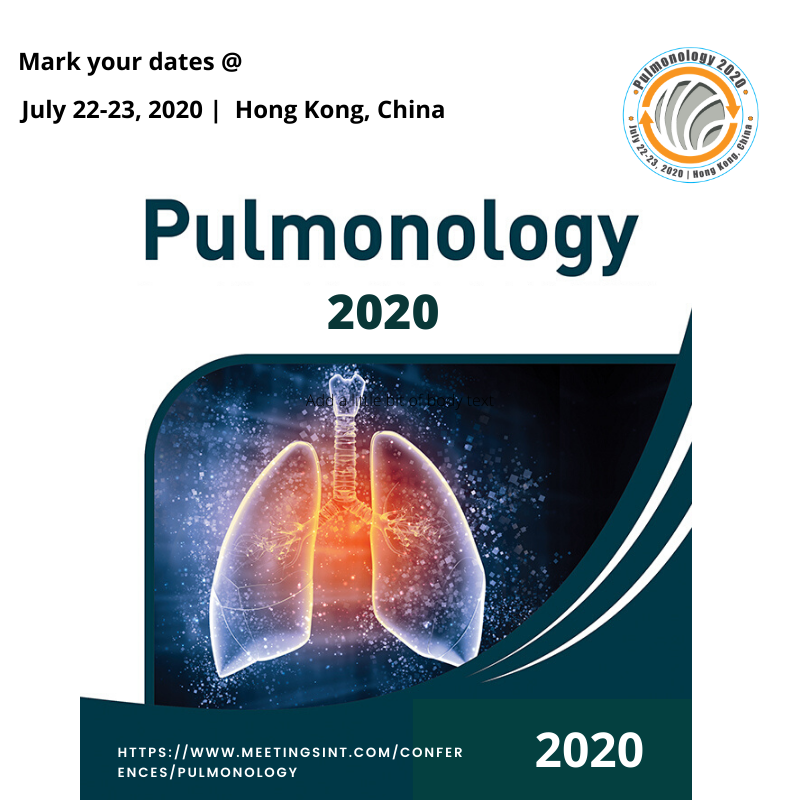Conferences
Conference Details
Overview: The majority of medical devices are cleared for marketing in the U.S. by the FDA under the 510(k) process. The FDA holds companies responsible for filing new 510(k)s when one change is major enough to impact safety / effectiveness, or when a series of lesser changes finally reach the tipping point. This is a major headache. How can companies make that determination? How can they trigger such an analysis over the major change or the series of smaller changes. What approaches are required for product changes; for process changes.
Date :
Place : United States, Fremont
Website :http://www.compliance4all.com/control/w_product/~product_id=500444LIVE/
Contact Person:Adam Fleaming
Description:
Overview: The majority of medical devices are cleared for marketing in the U.S. by the FDA under the 510(k) process. The FDA holds companies responsible for filing new 510(k)s when one change is major enough to impact safety / effectiveness, or when a series of lesser changes finally reach the "tipping point". This is a major headache. How can companies make that determination? How can they trigger such an analysis over the major change or the series of smaller changes. What approaches are required for product changes; for process changes.Overview: The majority of medical devices are cleared for marketing in the U.S. by the FDA under the 510(k) process. The FDA holds companies responsible for filing new 510(k)s when one change is major enough to impact safety / effectiveness, or when a series of lesser changes finally reach the tipping point. This is a major headache. How can companies make that determination? How can they trigger such an analysis over the major change or the series of smaller changes. What approaches are required for product changes; for process changes. will be held in Fremont,United States on date 2015-09-09
Deadline for abstracts/proposals : 8th September 2015
Organized By :Compliance4All
Keynote Speakers : John E. Lincoln is a medical device and regulatory affairs consultant. He has helped companies to implement or modify their GMP systems and procedures, product risk management, U.S. FDA responses. In addition, he has successfully designed, written and run all types of process, equipment and software qualifications/validations, which have passed FDA audit or submission scrutiny, and described in peer-reviewed technical articles, and workshops, world wide. John has also managed pilot production, r
Conference Highlights : Areas Covered in the Session: U.S. FDA device clearance / approval FDA's and EU's emphasis Product changes and filing a new 510(k) - who's responsible Tracking and evaluating changes - the "tipping point" Is the process "risk based"? K-97-1 and the FDA's "Decision Tree" Documenting the process / rationale Resolving a "wrong decision"
Venue :online event
Check the event website for more details.
.jpg)

